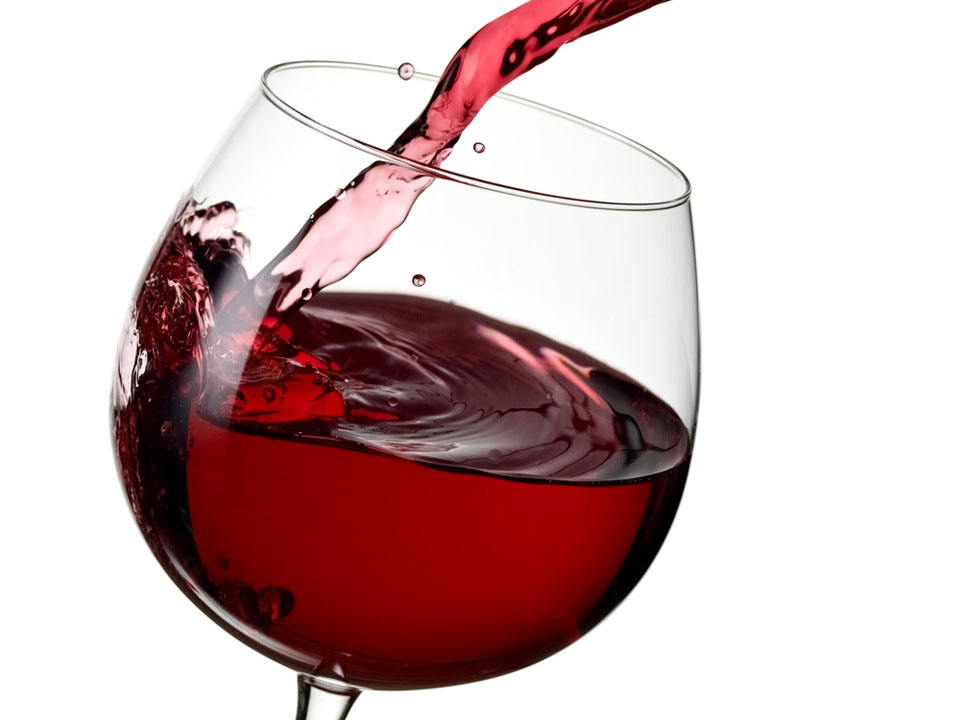Why Red Wine is Good for Health
Red wine photo via Shutterstock.
It seems like there’s a new study about alcohol every week. Some extolling the health benefits of the occasional drink and others cautioning against. But new research from Harvard Medical School says, once and for all, that you shouldn’t feel guilty about that nightly glass (or two…) of vino, because a compound found in red wine is tied to anti-aging.
Studies conducted during the past 10 years show that resveratrol, which is found in the skin of grapes, improves health and lifespan in yeast, nematodes (roundworms), bees, flies, and mice. But there’s always been controversy surrounding these discoveries. Many researchers have asserted in the past that resveratrol could only work in laboratory studies and not in the natural human body, or found other flaws in the findings.
But a new study from Harvard presents conclusive information about how exactly resveratrol works.
In the study, which was published in the journal Science, Harvard scientists found a specific molecular process that explains why resveratrol activates a gene—SIRT1, part of a group of genes called sirtuins— that wards off the effects and health problems of aging. The researchers mutated SIRT1 in different ways to see which versions were resistant to resveratrol and which responded to it, helping them understand how SIRT1 works with the substance and whether resveratrol was actually the catalyst behind the positive results of other studies. A report from Harvard explains the researchers’ methods and quotes the study’s senior author, David Sinclair:
Although these experiments occurred in a test tube, once the researchers identified the precise location of the accelerator pedal on SIRT1—and how to break it—they could test their ideas in a cell. They replaced the normal SIRT1 gene in muscle and skin cells with the accelerator-dead mutant. Now they could test precisely whether resveratrol and the drugs in development work by tweaking SIRT1 (in which case they would not work) or one of the thousands of other proteins in a cell (in which they would work). While resveratrol and the drugs tested revved up mitochondria in normal cells (an effect caused activating by SIRT1), the mutant cells were completely immune.
“This was the killer experiment,” said Sinclair. “There is no rational alternative explanation other than resveratrol directly activates SIRT1 in cells. Now that we know the exact location on SIRT1 where and how resveratrol works, we can engineer even better molecules that more precisely and effectively trigger the effects of resveratrol.”
We’ll be waiting to see if this study, too, is refuted, but it certainly seems like this study is good news for red wine drinkers everywhere. So (for your health, of course) grab some friends and a bottle of your favorite red. We’ll drink to that.



